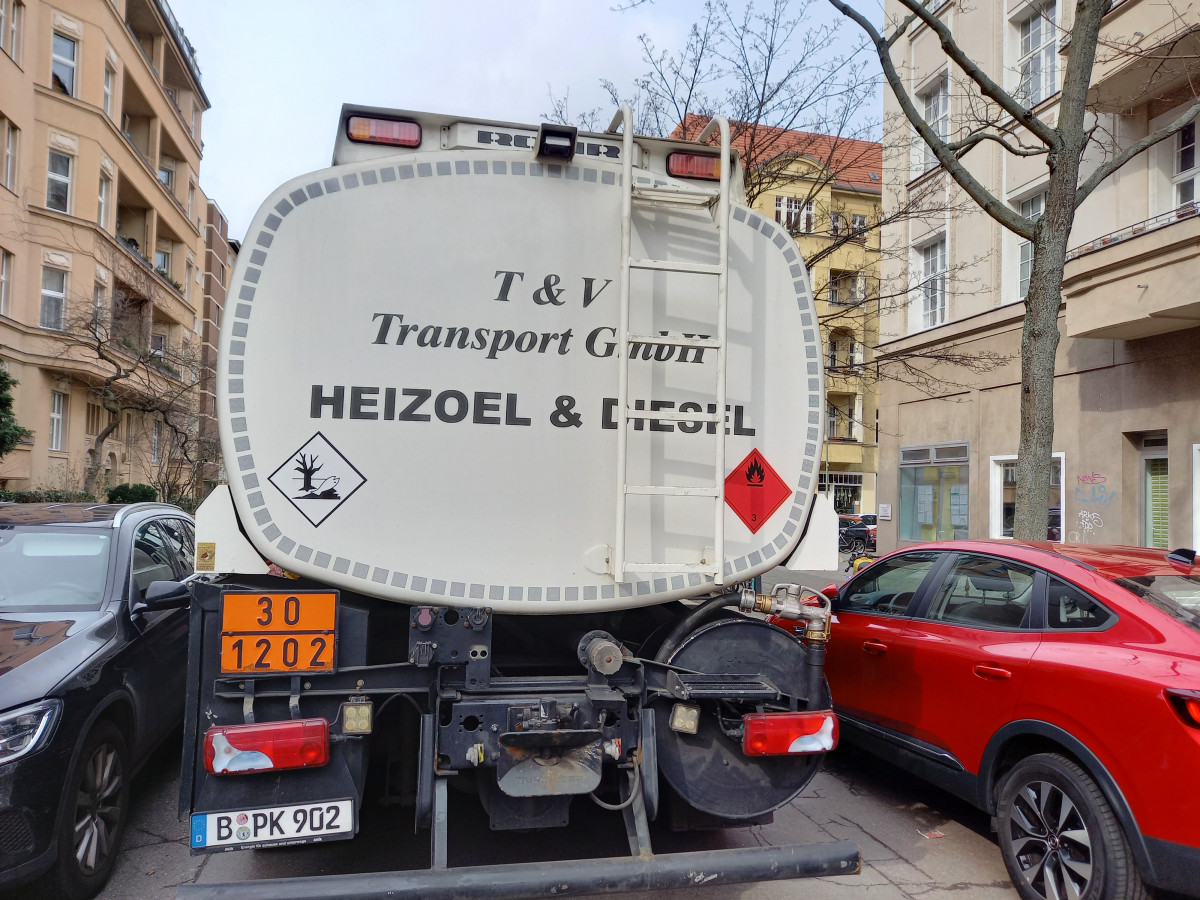Germany lowers petrol and public transport prices to relieve citizens
Germany’s government coalition will introduce one-off bonuses, lower taxes on fuels and cheap public transport tickets as part of a wide-ranging relief package against rising energy costs. The leadership of Social Democrats (SPD), Green Party and the pro-business Free Democrats (FDP) presented the measures after an overnight meeting in Berlin, ending days of dispute about how to best shield citizens from rising energy costs exacerbated by Russia’s war against Ukraine.
“Many citizens are suffering from massively rising energy prices,” said finance minister Christian Lindner (FDP). “This is undoubtedly a current, direct consequence of the terrible war in Ukraine.” The coalition believed that it needs to protect people and the economy “in the face of these huge price increases in the short term and for a limited period of time.”
The relief package includes:
- 300-euro one-off payment for workers, subject to income tax
- Family bonus of 100 euros per child
- 100-euro bonus for recipients of social benefits
- Lowering of energy tax on fuels for three months to European minimum
- 9-euro/month public transport ticket for 90 days
Lindner said lowering the energy taxes on fuels would mean that petrol prices are reduced by 30 cents per litre and diesel by 14 cents per litre. Environmental groups and other observers had criticised Lindner's idea of lowering pump prices for petrol in the previous week, arguing that such a move would distort incentives for saving fuel and disproportionately benefit high-income groups. Speed limits and a redistribution of support money through other measures would have been a more adequate solution for helping struggling customers while reducing consumption.
The coalition's support package comes after intensive debates among the parties and is the second relief package by the government. Europe is experiencing new extremes in energy price hikes, caused by strong demand for natural gas during the economic recovery from the pandemic and exacerbated by Russia’s war against Ukraine. Seeing households and businesses faced with inflated energy bills, almost all European governments have introduced relief schemes to help consumers afford the expensive fossil fuels to heat their homes.
Russia's attack on Ukraine “has drastically exacerbated the already tense situation on energy markets,” said the agreement. “Sharply rising costs for electricity, food, heating and mobility have become a major burden for many citizens.”
Energy efficiency and the phase-out of fossil heating
As more mid and long-term measures, the coalition partners agreed to further push the move away from Russian imports and fossil fuels in general. The parties emphasised the role of energy efficiency and said it would launch a comprehensive campaign to advertise energy saving efforts both by the economy and the population. The coalition will mandate that all new buildings will have to adhere to stricter efficiency standards from 1 January 2023 (“Effizienzstandard 55”).
And it will introduce legislation to prescribe that all newly installed heating system from 2024 should be powered by at least 65 percent renewable energy “if possible”.
“This is about nothing less than saying goodbye to fossil heat, to fossil gas heating systems,” said Green Party co-leader Ricarda Lang.
Coalition paves way for "climate bonus"
In their coalition agreement from last year, the three parties had said they would develop a so-called “climate bonus” to return revenues from the national carbon price on transport and heating fuels to the population to help especially lower income households. However, it remained unclear how the money could be distributed, because the country lacks a system via which all residents could be paid.
The coalition today said it would develop a payment method via the tax ID this year if possible, in order to enable a simple and unbureaucratic way for direct payments to citizens.
This is a “milestone” of the relief package, said Brigitte Knopf, secretary general of the Mercator Research Institute on Global Commons and Climate Change (MCC) and member of Germany’s Expert Council on Climate Change, in a message on Twitter.
Mixed reactions
The German Industry Initiative for Energy Efficiency (DENEFF) said the government neglects the potential of energy savings and efficiency with the relief package, as the agreement was thin on details. “The plans of the relief package are completely inadequate to activate energy savings and efficiency as a hidden reserve,” said managing director Christian Noll. “This is certainly not the way to get out of dependence on Russian gas.”
In the view of local utilities association VKU, the relief package sets the right priorities for security of supply and the heat transition. “However, further relief is likely to be needed,” it said.
NGO’s welcomed certain elements of the package and criticised others. Martin Kaiser, head of Greenpeace Germany said the public transport ticket is a “strong incentive for climate-friendly mobility”, but the government should have introduced a speed limit for the autobahn, car-free Sundays and obligatory home office as well to save energy. He also criticised the package as socially unfair and not ecological. “Only employed persons subject to income tax will benefit from the one-off tax bonus, while the unemployed are excluded, and the reduction of the energy tax on fuel will mainly benefit frequent drivers.”
Environmental Action Germany (DUH) criticises the measures as "flawed and in some cases even counterproductive". It said a fuel rebate would encourage fuel consumption and increase dependence on Russian oil. A one-time tax bonus would not provide any incentives for citizens to consume less oil and gas, and measures in the building sector were mainly announced for 2023 and 2024 and thus much too late.


